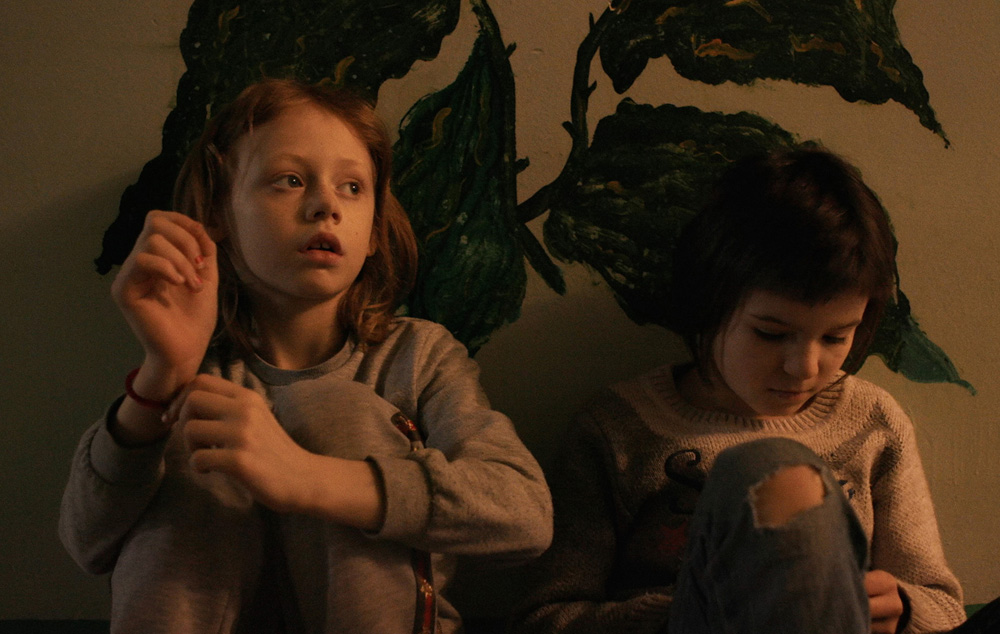The last time Simon Lereng Wilmont was in the Eastern Ukraine, he was dangerously close to the front lines of Russian’s violent incursion into the region in “The Distant Barking of Dogs,” taking up residence with a 10-year-old boy who had to live inside a house that trembled every time bombs detonated nearby and became accustomed to putting his guard up when the ground shook, even when there was no obvious threat. Capturing the psychological effect this had on the young Oleg, who lived with his grandmother, the film opened up a remarkable window into how a generation of Ukrainians would be shaped by relentless attacks without any direct participation in it and Lereng Wilmont makes an equally powerful follow-up with “A House Made of Splinters” that doesn’t need even the sounds of war to show the lasting destruction that has been done to the country by crippling any existing infrastructure where jobs are hard to come by in cities with bombed out buildings and many have turned to alcohol to deal with despair.
In this context, the Lysychansk Center for Social Psychological Rehabilitation appears to stand tall and strong, a waystation for children whose parents have been deemed unable to take care of them by social services and given a place to stay until their cases can be resolved by the courts. Contrary to what you might think, the center doesn’t appear to be a place of great sadness, with its conscientious staff dressing up as characters in “Frozen” to cheer up the children and rousing them with fun exercise routines in the morning, but still there is an awareness amongst the children no matter how young they are that they have at most nine months at the facility before they leave in the care of either their birth parents, a foster family or an orphanage and that uncertainty can be as terrifying as if they were back living next to the battleground. What’s immediately striking is not only how conscious the kids are of how all of this works, but the condition of their parents that led to their stay, with some telling one another about the horrific physical abuse they witnessed or experienced firsthand or how they lost their parents to drink.
The remarkable sensitivity that made Lereng Wilmont’s observations of his young subject in “The Distant Barking of Dogs” so arresting is on display again here as he comes to focus on four children — Eva, who hopes her grandmother can take custody of her after losing faith in her mother, Sasha, who had to cook for herself before she could reach the stove given her mother’s severe alcoholism, and Polina, the friend she makes at the center, as well as Kolya, the lone boy in the group whose anger from being separated from his parents has manifested itself into petty crimes and rebellion. As one of the social workers remarks in the thoughtful voiceover that underlines the verite doc, it isn’t unusual for those working at the center to see the children of those who were previously at the center as children, given no foundation on which to build a life and although the film never strays beyond the center, or for that matter his young subjects’ perspective, the ripple effects can constantly be imagined. However, living alongside these devastating thoughts about the vicious cycle that lies ahead are scenes of generosity and kindness at the center, all without feeling forced or contrived, and despite the dire situation at hand in “A House Made of Splinters,” depicting those that still care enough to fight for a better future and some whose spirit simply cannot be broken can leave one feeling as if they’ve seen the best of humanity as much as the worst.
“A House Made of Splinters” will be available to watch virtually through the Sundance Film Festival through January 26th at 7 am PST.




